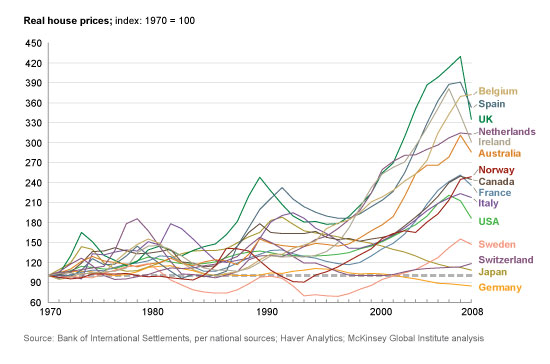Iceweasel
Diamond Member
Horseshit. It takes an act of god to get fired from the civil service gravy train. I did it part time while in college and the top guy was a GS13 making damn good money for the time. He spent the day looking busy, when he finally retired they never filled his position because he didn't do anything. Pay raises come in like clockwork regardless of any "opportunities".You're not just giving up the chance of getting rich working for the government under civil service but often the opportunity of any upward mobility. In most of the civil service jobs you get a step pay increase every year for 3 years then a step every 2 years for 3 years, then a step increase every 3 years. Then after 15 years, no more raises except for a cost of living raise.But most people I know would give up the far chance that they'll ever "make it rich" in the private sector for the job security and guaranteed pay raises working for the gov't.
But that's actually not true anyway. My father is a petroleum engineer. He started out at the bottom rung 42 years ago. When he first got the job him and my mom couldn't make ends meet. He moved up, got promotions, tons of pay raises, and wound up making 6 figures by the time he retired last December. He's also making like 90% of his old pay as retirement.
Needless to say, he did quite well. Maybe not a 1%'er but certainly top 10%'er.
Probably one the worst things about working for the federal government is that despite the growth in government spending, the number of permanent civil service jobs are not increasing. In 1992, there were 3 million permanent civil service workers, 2.8 million in 1995, 2.6 million in 2000, 2.6 million in 2005, 2.6 million in 2014. This may be good for tax payers but for an employee it means less opportunities for advancement.
The upside of federal civil service is competitive pay, good benefits, and stable employment. The downside is limited chance of advancement and limited employment opportunities compared to the private sector.


